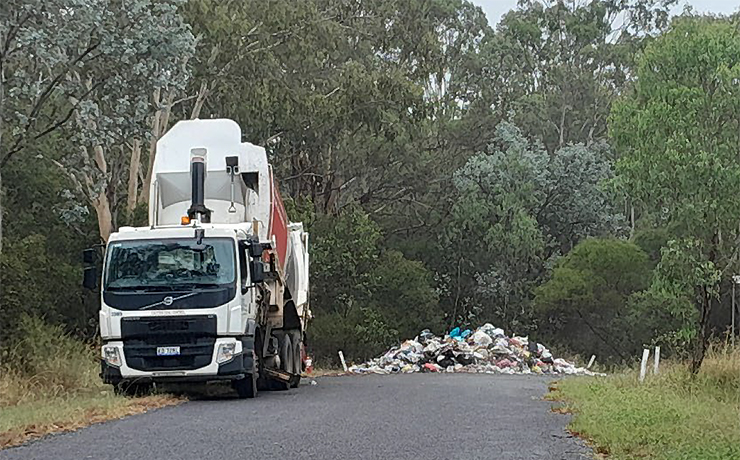
June 17, 2015
The Electrical Trades Union has accused the Federal Government of selling out the future of Australian workers in the Australia-China Free Trade Agreement signed on Wednesday afternoon.
ETU national secretary Allen Hicks warned the consequences of the agreement would be disastrous for Australian workers.
Mr Hicks said the Federal Government has kept the precise details of the agreement secret but it was widely understood the agreement would allow Chinese investors to use Chinese workers on projects in Australia that represent an investment of more than $150 million.
“With the threshold as low as $150 million, Australian workers could find themselves locked out of jobs for all large-scale residential and commercial real estate developments, as well as other construction projects in the infrastructure, tourism and resources sectors,” Mr Hicks said.
“At a time when we’re seeing rising unemployment — with youth unemployment in particular at a two-decade high — this reckless deal is the last thing Aussie workers need.
“Any claimed benefits from this FTA will pale into insignificance compared to the lost opportunities for working Australians and the impacts that will have on our society.
“This agreement is an absolute disgrace and its signing marks a sad day in Australian history.”
Mr Hicks said the timing of the agreement, as NSW and Western Australia prepare to privatise electricity assets, was particularly concerning.
“Chinese companies already have extensive interests in electricity networks in Victoria and are tipped as the most likely bidders for the poles and wires in NSW,” he said.
“Under this agreement, maintenance and capital works programs for electricity network infrastructure in several States could be entirely staffed by imported labour, whether the government of the day likes it or not.
“This agreement robs local workers of the safety, standards and conditions that we have fought for and won over many years.
“For the overseas workers it will also potentially lead to exploitation of their wages and conditions.”
Mr Hicks said the rumoured Investor State Dispute Settlement (ISDS) provisions of the agreement, which would allow investors to sue governments in special trade commissions if they felt their profits were threatened, were anti-democratic.
“They’re not acceptable in the Trans Pacific Partnership (TPP) agreement, and they’re not acceptable here,” he said.
- Related article: MP Attacks Union’s ‘Xenophobic Campaign’

























